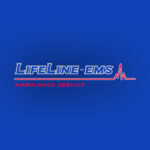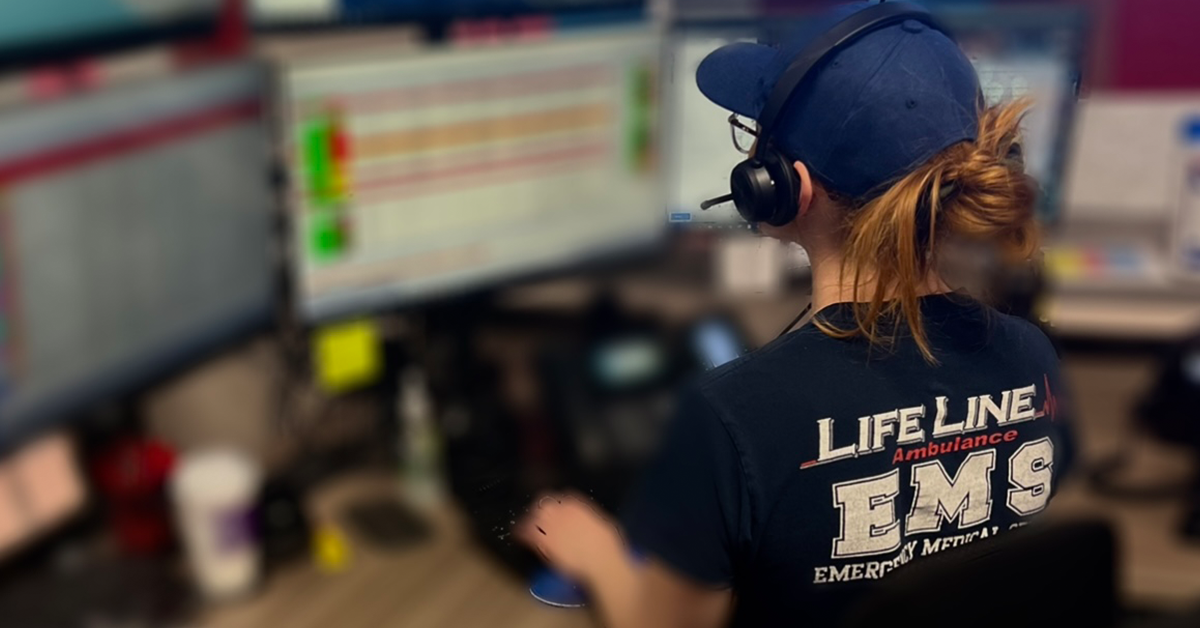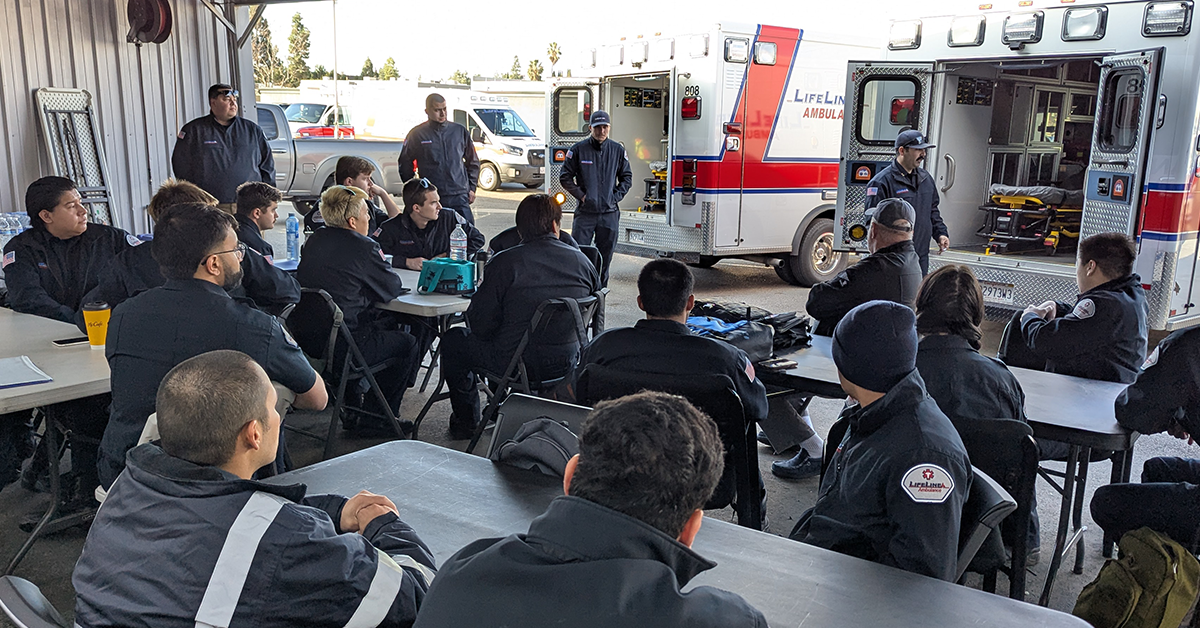An Emergency Medical Technician internship is a critical step toward a successful career in emergency medical services. Whether you’re training in a high-paced urban environment like Los Angeles or a diverse region in Southern California, making the most of your internship can set you apart in this competitive field. This guide provides essential tips to help you gain valuable experience, develop strong clinical skills, and build a network that will support your career growth.
1. Understand the Role of an EMT Intern
Before starting your internship, familiarize yourself with the responsibilities you will be expected to handle. EMT interns often assist with:
- Patient assessment and vital sign monitoring
- Assisting paramedics with advanced life support procedures
- Transporting patients to medical facilities
- Communicating with emergency room staff
- Managing medical equipment and supplies
By understanding these duties in advance, you’ll be better prepared to jump into the role and maximize your learning experience.
2. Be Professional and Punctual
Your EMT internship is your first step into the professional world of emergency medicine, so professionalism is crucial. Key aspects of professional behavior include:
- Punctuality: Arrive early for every shift to demonstrate reliability.
- Dress Code Compliance: Wear a clean, well-maintained uniform that meets your internship site’s requirements.
- Positive Attitude: Show enthusiasm and a willingness to learn, even in high-stress situations.
Remember, your supervisors and colleagues may become valuable references or even future employers.
3. Develop Strong Communication Skills
Effective communication is one of the most vital skills for an EMT. Throughout your internship, you will interact with patients, paramedics, nurses, and doctors. To improve your communication skills:
- Listen Actively: Pay attention to instructions from senior EMTs and paramedics.
- Ask Questions: If you’re unsure about something, don’t hesitate to seek clarification.
- Be Clear and Concise: When reporting patient information, use direct and accurate language.
- Practice Empathy: Show compassion and understanding when speaking with patients and their families.
4. Learn from Every Experience
Your EMT internship will expose you to a variety of medical emergencies, from minor injuries to life-threatening conditions. Take every opportunity to observe and learn.
- Observe Seasoned Professionals: Watch how experienced EMTs handle different situations and take mental notes.
- Take Initiative: If you see an opportunity to help, volunteer to assist within the scope of your training.
- Document Key Learning Moments: Keep a journal to track your experiences, skills gained, and areas for improvement.
5. Get Comfortable with Equipment and Procedures
Being familiar with emergency medical equipment is a crucial aspect of your training. Make it a priority to:
- Learn how to operate defibrillators, oxygen tanks, and stretchers.
- Practice applying bandages, splints, and performing CPR under supervision.
- Understand how to safely lift and transport patients to minimize injury risks.
The more comfortable you are with the tools of the trade, the more confident and effective you will become.
6. Stay Calm Under Pressure
Emergencies are, by nature, high-stress situations. As an EMT intern, you will need to stay composed and think critically under pressure. Strategies to develop this skill include:
- Practicing Deep Breathing: Staying calm helps you focus and react appropriately.
- Focusing on the Task at Hand: Avoid distractions and concentrate on patient care.
- Trusting Your Training: Rely on what you’ve learned and seek guidance when needed.
7. Build Relationships with Your Team
EMTs work in teams, and teamwork is critical to effective patient care. Take the time to:
- Introduce Yourself to Colleagues: Build rapport with EMTs, paramedics, and hospital staff.
- Seek Feedback: Ask for constructive criticism to improve your performance.
- Show Appreciation: A simple “thank you” goes a long way in fostering good working relationships.
The connections you make during your internship can lead to mentorship opportunities and job referrals down the line.
8. Adapt to the Fast-Paced Environment
Los Angeles and Southern California present unique challenges for EMTs, including high call volumes, heavy traffic, and diverse patient populations. To thrive in this environment:
- Stay Physically Prepared: Long shifts and physically demanding tasks require stamina and endurance.
- Be Flexible: Every day is different, and adapting quickly is key to success.
- Manage Stress Effectively: Find healthy ways to decompress after intense shifts, such as exercise or meditation.
9. Familiarize Yourself with Local EMS Protocols
Each region has specific EMS protocols that guide medical response. In Los Angeles and Southern California, EMTs must be aware of:
- County-specific treatment guidelines
- Hospital networks and trauma center locations
- Local laws regarding patient transport and medical procedures
Being knowledgeable about these details will help you operate more efficiently and confidently in the field.
10. Prepare for the Next Steps in Your EMS Career
Your EMT internship is a stepping stone to further opportunities in emergency medical services. Plan ahead by:
- Networking with Professionals: Stay connected with supervisors and colleagues who can provide career guidance.
- Continuing Education: Consider pursuing advanced certifications such as Advanced EMT (AEMT) or Paramedic training.
- Applying for Full-Time Positions: Use the experience and skills gained from your internship to secure a job in the EMS field.
Keep Reading
Want more? Here are some other blog posts you might be interested in.
In the high-stakes world of emergency medical services, clear and effective communication can mean the difference between life and death. EMS professionals...
Emergency Medical Services is an ever-evolving field that requires constant learning and adaptation. With medical advancements, technological innovations, and increasing public health...
Emergency Medical Services s a high-stress, physically demanding profession that requires dedication, quick decision-making, and resilience. While the rewards of saving lives...






